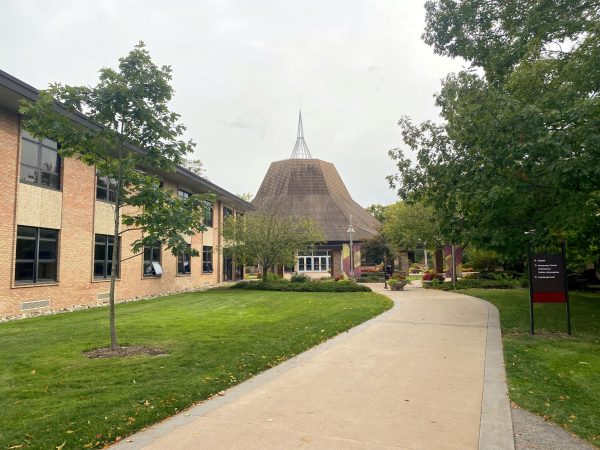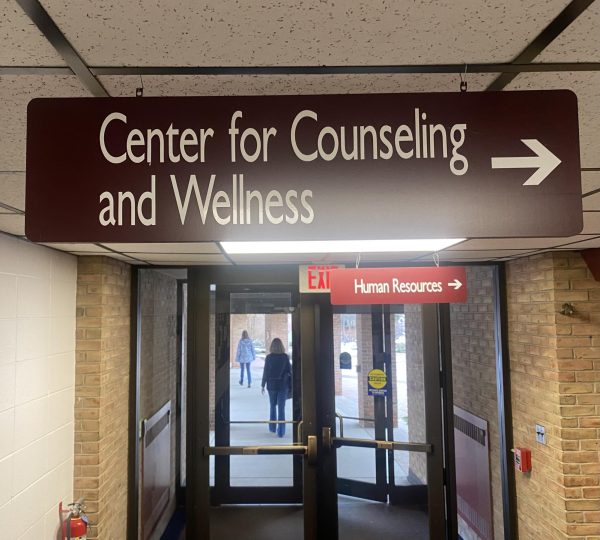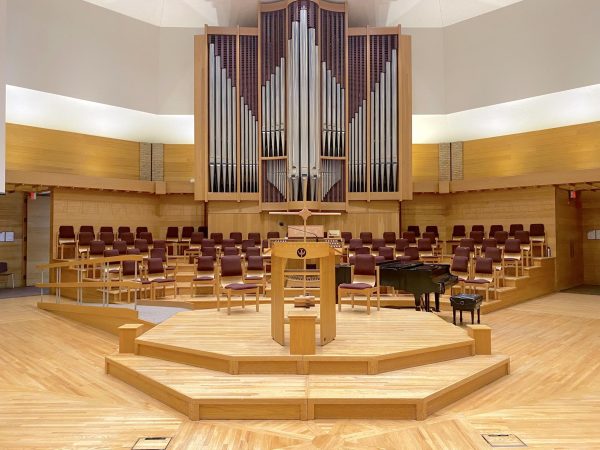ISIS releases 160 ransomed Assyrian hostages
Close to the first anniversary of 21 coptic martyrs being beheaded on a Libyan beach, the final 43 hostages were released by ISIS after receiving ransom payments, according to Assyrian sources and activist groups.
This particular crisis began when ISIS raided 35 villages along the Khabour River in northeast Syria. The day of the Feb. 24, 2015, attack, 100 to 200 individuals were believed to have been kidnapped. In actuality, 230 Assyrian Christians of all ages had been snatched from their villages.
Prior to the kidnapping, all hoped this tragedy would not become a reality. However, various news sources had been releasing breaking news alerts of ISIS’ alleged plan formed since mid-2014 to invade neighboring countries of Syria, Iraq, Jordan and Lebanon. ISIS would not be stopped, resulting in the Assyrian Christian kidnapping.
In the midst of the incident, Middle East Concern, an association that defends religious freedom of Christian communities, noted:
The reason for the abductions has not been stated. There is speculation that the abductees may be used in negotiations for the release of Daesh [Islamic State] militants captured by Kurdish militias. However, there is grave concern over the fate of the Christians, especially in view of the recent murder of 21 Christians by Daesh-affiliated militants in Libya.
Although the exact number of hostages was not concrete by nightfall of the Monday attack, it was known that 600 Assyrian Christians had fled to Hasakah, Qamishli, and other surrounding cities.
Since then, it is said that a majority of ISIS’ motive was cash; close to 1,300 Assyrian Christians fled.
In the past, the Khabour River was a natural line of defense. Unfortunately, it failed to shield the villages this time around.
According to unconfirmed reports, the violence by ISIS was not put to a halt after the kidnappings. Churches in Tel Hormizd and Tel Shamiram were set on fire, orders were issued to remove crosses, and others were forced to pay jizya (tax) or sign a dhimma (Sharia social contract) to avoid death.
According to Mar Aprem Nathniel, bishop of Syria of the Assyrian Church of the East, St. Mary’s Church in Hassaka was “overloaded with the people” on Monday evening. A majority of these individuals were welcomed into local Christian homes.
The original demand made by ISIS in May 2015 was for $23 million to be accompanied by the release of the 230 hostages. This put a $100,000 price tag on the worth of the victims. The ransom check ended up to be in the range of $12-14 million at the time of the release.
“We hope ISIS will be defeated in the next days,” Hassake sources stated just after the kidnapping took place.
It took longer than a few days, but luckily this hope became a reality. In early December 2015, the first batch of victims were released. Over two dozen Assyrian Christians were freed, including two young boys between the ages nine and 12 years old.
A Demand For Action (ADFA), an advocacy group for Middle Eastern minorities, stated at that time, “This was made possible by the Assyrian Church of the East in Syria which has been tremendous in its efforts and they will continue to work day and night to make sure all are returned to their families safely.”
In late January 2016, 16 more Assyrian Christian hostages kidnapped in the February 2015 incident were released.
At this time, ISIS released more than 160 captives in total, and ADFA told Christianity Today that the Church was working “day and night to make sure all are returned to their families safely.” Thankfully, these efforts paid off.
A knowledgeable Assyrian source who chose to remain anonymous confirmed that the Assyrian community funded the hostages’ release. Also, during the negotiations for the release which began last year, ISIS confirmed that it has killed three hostages. They were said to be held in the Syrian city of Raqqa, but the place of the hostage exchange has not been disclosed.
The Assyrian Church of the East Relief Organization (ACERO), an aid agency, also confirmed the release of the hostages to Newsweek in a statement, calling it a “culmination of the tireless efforts of the Assyrian Church of the East in Syria” but also warned of the “inordinate psychological trauma” suffered by the hostages.
Sabah, who lives in Sweden but has family members among the released, said, “I am shaking. I have been praying for this day; I thought it would never come. They are on their way to the church in Hasakah.”
Assyrian Christians can be traced back to 2400 BC speak Aramaic, a language in which Mark quotes Jesus several times in his gospel, and were early Christians in the church’s history. This is not the first attack they have ever experienced. The community has faced attacks dating back to the 1930s.
Although Assyrian Christians are one of the oldest Middle-Eastern ethnic groups, the rise of radical Islamist groups, who view Christians as kafir (disbelievers) and infidels, has been a key factor in the Middle East’s Christian population steady decrease.
The recent releases were the last remaining hostages of the more than 200 Assyrians abducted in northern Syria in February last year. A spokesman for ACERO branded their release “a ray of light from amidst the darkness.”








